What’s an Internal Medicine Residency Really Like?
Are you considering going into Internal Medicine? Let’s take a look at what IM is ... Read more
Written by: Amy Rakowczyk
Published on: October 15, 2019
Are you considering going into Internal Medicine? Let’s take a look at what IM is ... Read more
Written by: Amy Rakowczyk
Published on: October 15, 2019
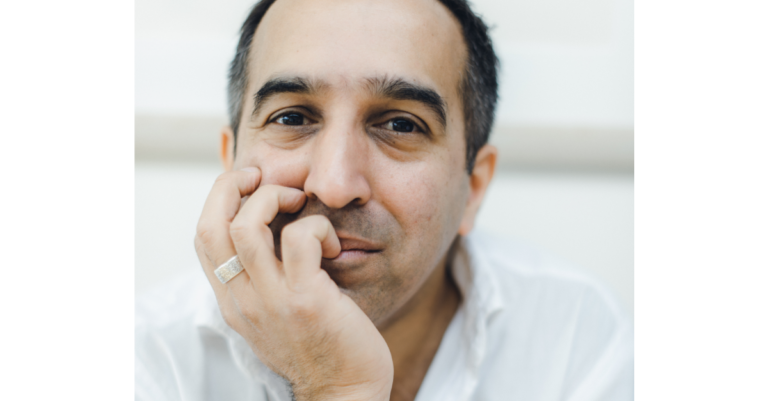
Dr. Samir Guglani (MBBS, MRCP, FRCR) is a consultant clinical oncologist and a writer. He ... Read more
Written by: Gloria Onwuneme
Published on: April 19, 2018

Updated February 5, 2022. The article was updated to correct minor grammatical errors and formatting ... Read more
Written by: Guideline Central
Published on: September 28, 2017

The American Cancer Society estimated that in 2015, there were 1,658,370 new cases of cancer diagnosed in ... Read more
Written by: Brian Wu
Published on: January 4, 2017

Updated October 28, 2021. The article was updated to correct minor grammatical errors and formatting ... Read more
Written by: Brian Wu
Published on: February 29, 2016
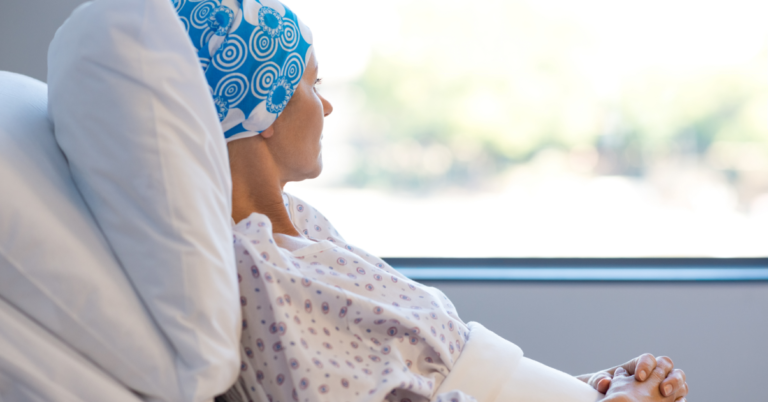
Republished with permission from here. One after the other, day after day it seems, I ... Read more
Written by: Erica Patel
Published on: February 24, 2016
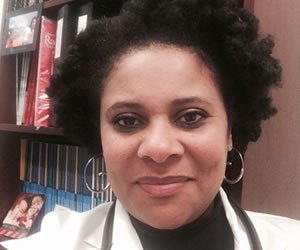
Karen M. Winkfield, MD, PhD, is a radiation oncologist with Massachusetts General Hospital, and she ... Read more
Written by: Juliet Farmer
Published on: September 11, 2015
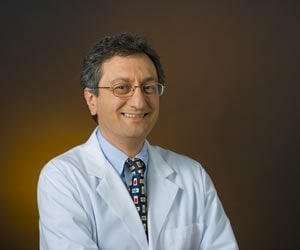
Dr. Antoine Sayegh is a hematologist and medical oncologist practicing in Sacramento and Roseville, California. ... Read more
Written by: Juliet Farmer
Published on: May 4, 2015
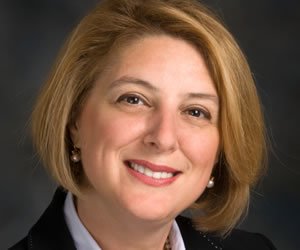
Dr. Barbara Pro, a medical oncologist in Philadelphia, is a Thomas Jefferson University-Kimmel Cancer Center ... Read more
Written by: Juliet Farmer
Published on: February 9, 2015
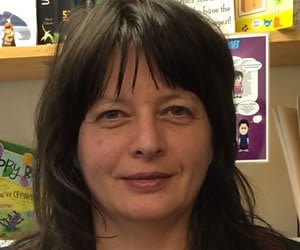
Kornelia Polyak shares her thoughts on the field of medical oncology and offers some advice for students.
Written by: Juliet Farmer
Published on: October 12, 2014
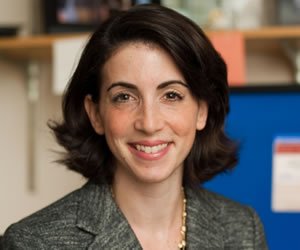
Erica Mayer shares her thoughts on the field of breast oncology and offers some advice for students.
Written by: Juliet Farmer
Published on: December 2, 2013
Deborah Axelrod shares her thoughts on the field of oncology and offers some advice for students.
Written by: Juliet Farmer
Published on: October 13, 2013
Dr. Julie Hersch shares her insights about her career and the field of oncology.
Written by: Juliet Farmer
Published on: October 26, 2011